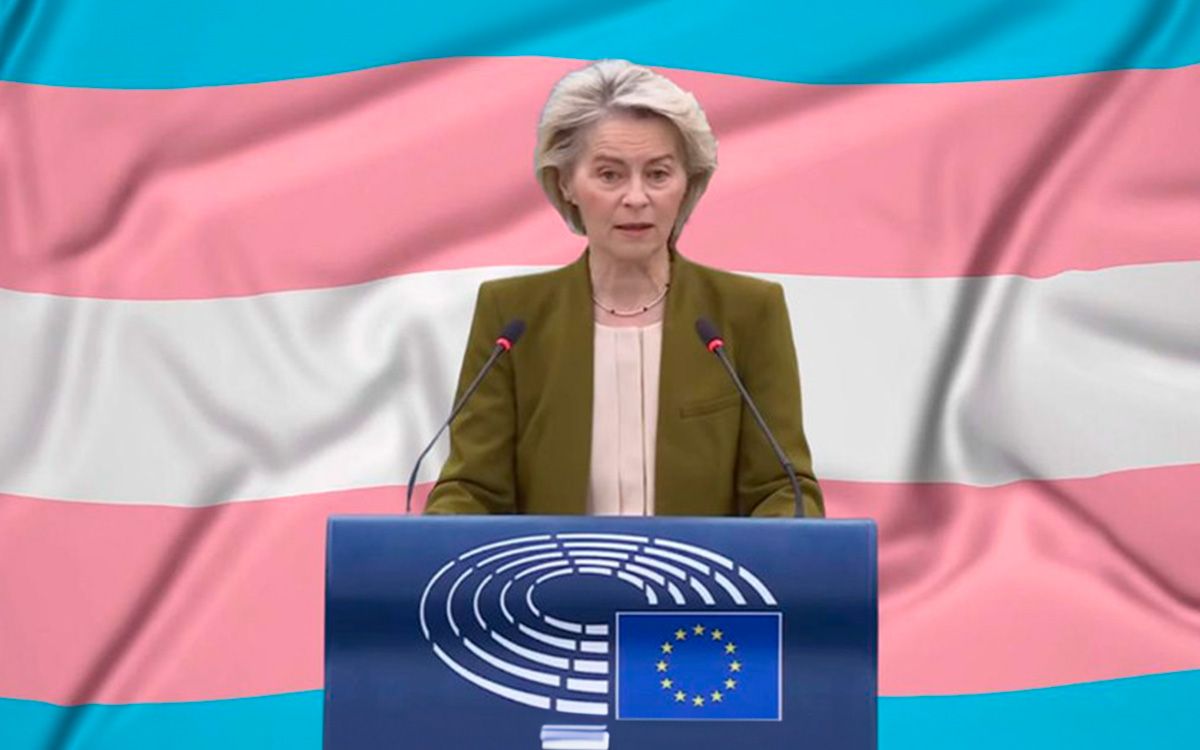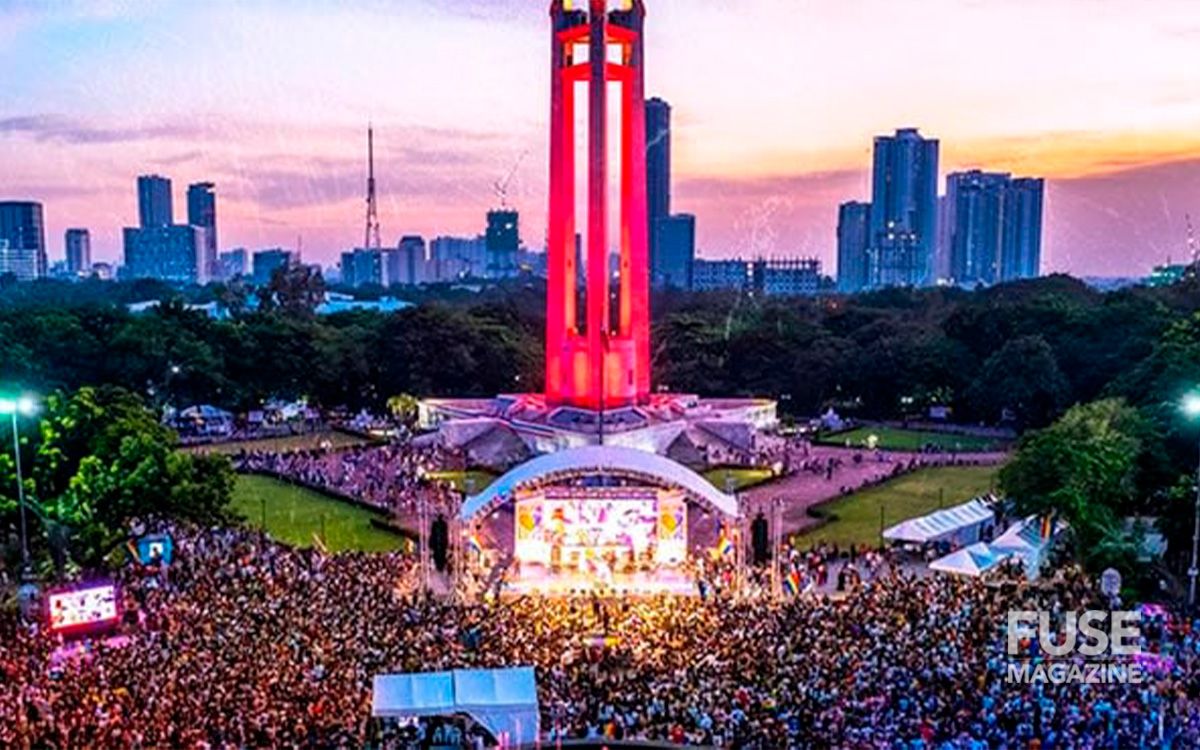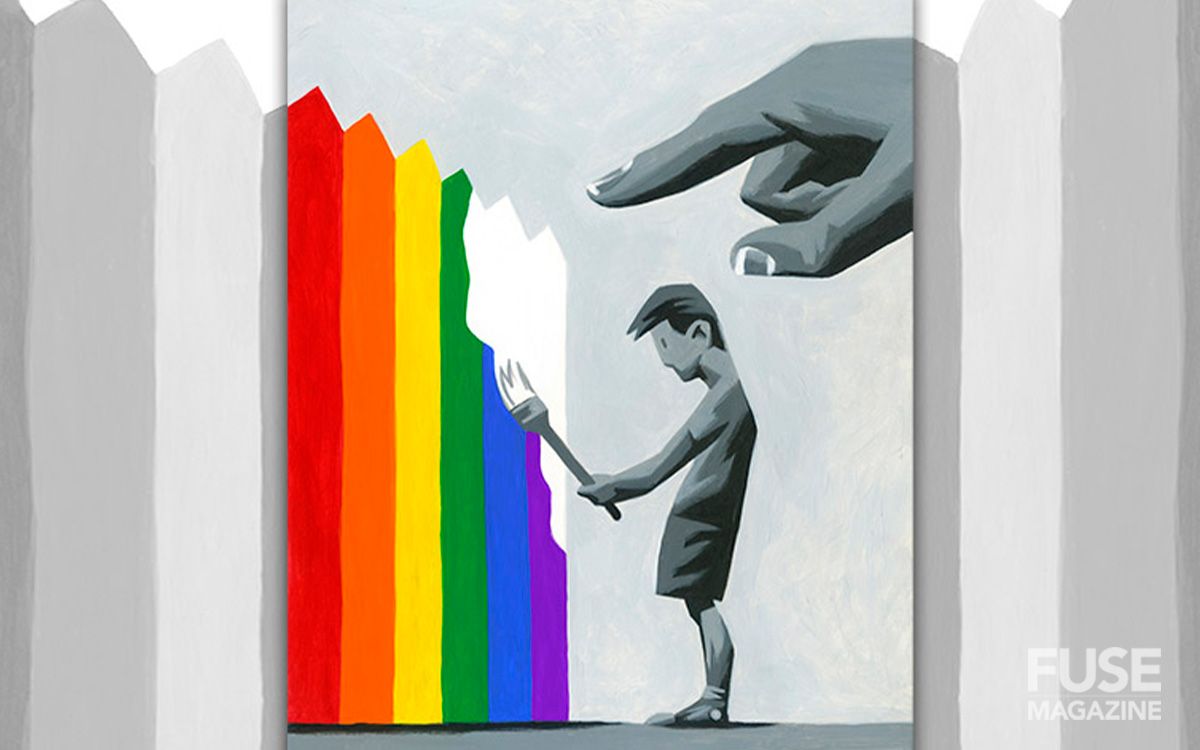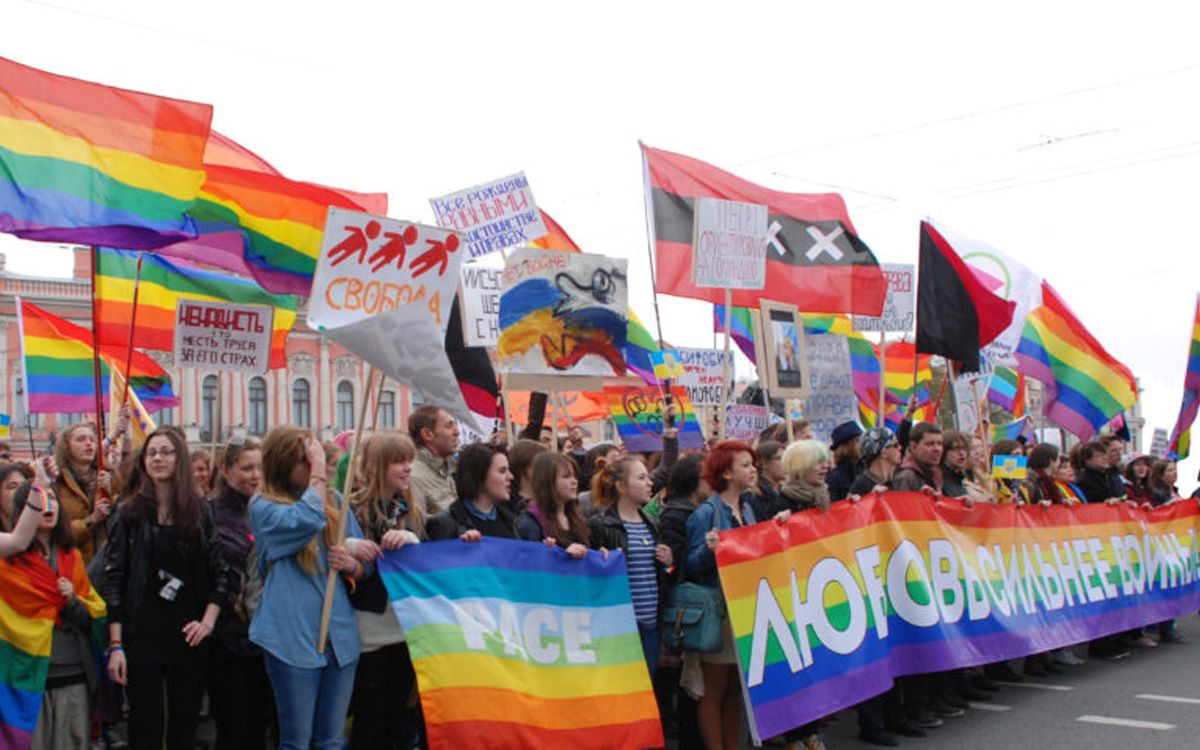Hungary bans LGBTIQ+ protests and threatens community
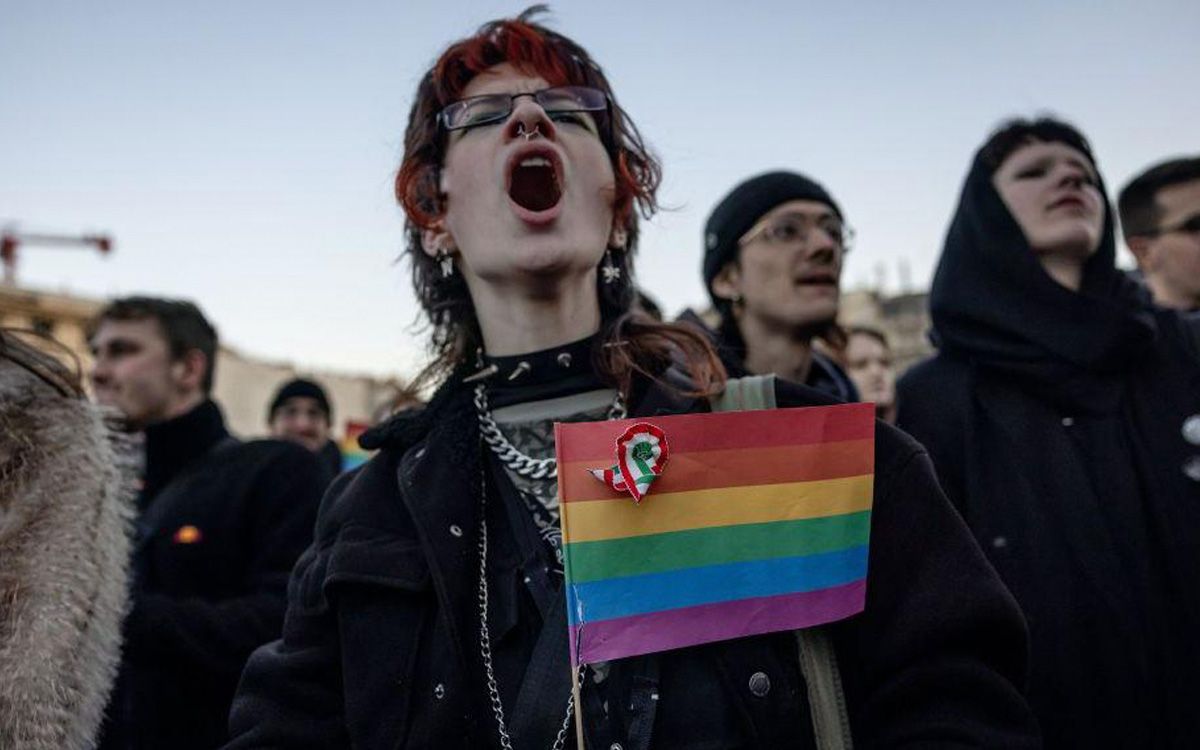
The new legislation allows Viktor Orbán’s government to prohibit any public event that features LGBTIQ+ symbols, expressions of sexuality, or participants whose appearance “deviates from the gender assigned at birth.”
The law also criminalises attempts to organise or participate in such gatherings, with fines of up to €550 (about AU$900)—nearly equivalent to Hungary’s monthly minimum wage.
Authorities are permitted to use facial recognition tools to identify attendees at banned events. Citizens have been warnedthat they may be photographed and fined if they defy the new restrictions.
The government claims the amendments are designed to “protect the moral, physical, and spiritual development of children,” asserting that these rights supersede the right to peaceful assembly. Critics, however, argue that the law is a direct attack on LGBTIQ+ rights and democracy, likening it to Russia’s notorious “anti-LGBT propaganda” laws.
Advocacy groups, including Amnesty International and the Hungarian Civil Liberties Union, have called on the European Commission to take action, arguing that the amendments violate EU regulations and fundamental human rights. The European Commission has already initiated legal proceedings against Hungary over previous anti-queer laws, with a major ruling expected later this year.
Protests and Resistance
Despite the ban, hundreds gathered outside Hungary’s parliament to protest the vote, with opposition politicians and activists denouncing the move as a major step toward authoritarianism. Some demonstrators attempted to blockade the parliament’s entrance, and police forcibly removed them. Organisers of Budapest Pride have vowed to proceed with their planned parade in June, with the city’s progressive mayor expressing hope that this year’s event will be “larger than ever”.
One protester, a Russian national who fled persecution in his homeland, told reporters:
“It’s honestly quite frightening because we faced the same situation in Russia. It developed gradually, and I sense that this is unfolding here as well. I can only hope that there will be increased resistance in Hungary, as we failed to act in time in Russia, and now it’s too late”.
Hungary has steadily tightened restrictions on LGBTQIA+ rights in recent years. Previous constitutional changes defined marriage strictly as between a man and a woman and barred same-sex couples from adopting children. In 2021, Hungary passed a law banning the “promotion” of LGBTIQ+ content to minors, which led to a surge in homophobic attacks and a de facto ban on inclusive sexual education in schools.
What’s Next?
Legal experts and activists warn that Hungary’s new law purposefully violates European human rights standards and the EU’s founding values of democracy and equality. The coming months will test the European Union’s willingness and ability to defend LGBTIQ+ rights within its borders.




